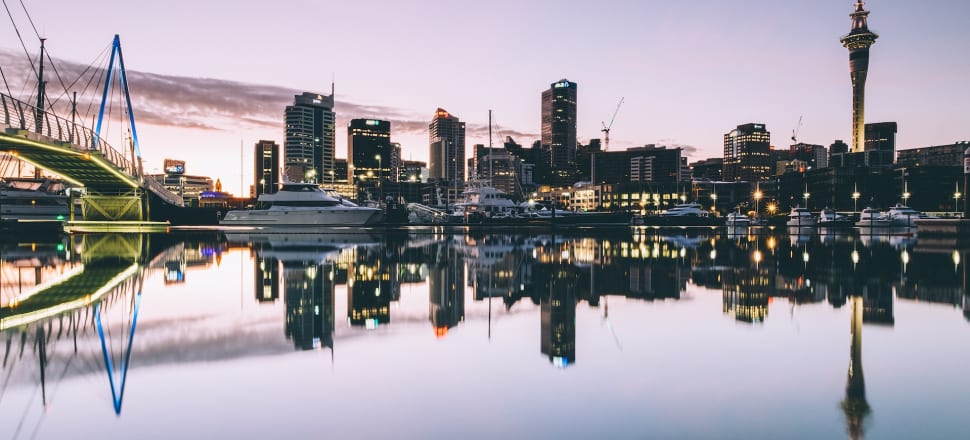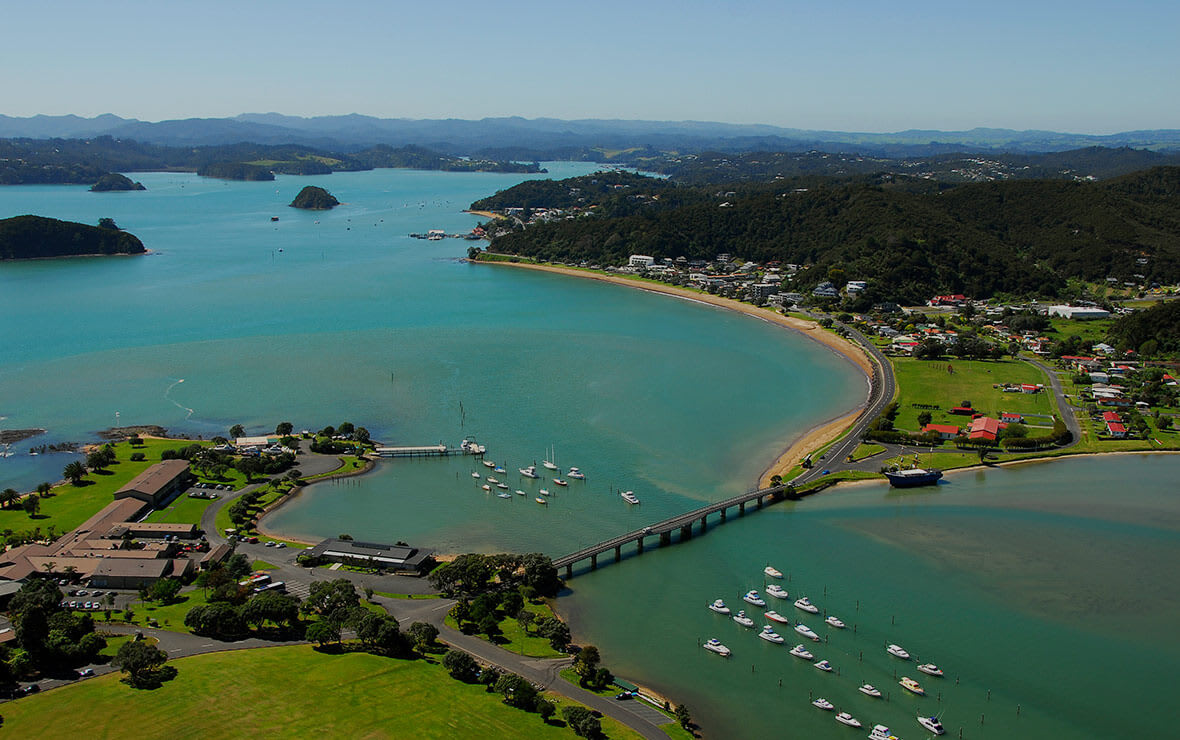
Hotel industry association sees not sorting out systemic problems in the quiet period of the Covid downturn as a lost opportunity
After years of hardship through the pandemic, New Zealand’s hotel industry is experiencing a return to pre-Covid levels, but some areas are still struggling.
Earlier this week Millennium & Copthorne New Zealand said its hotel operations were showing a positive recovery to near pre-pandemic levels in the first six months of the year, and were on track to get back into the black during 2023.
The company’s 18 hotels across the country lost a collective $4 million during 2022.
READ MORE: * A Chinese tourism revolution heading for NZ * How Auckland compares to its peers * Purpose-built MIQ facilities no longer on the cards
Managing director Stuart Harrison said it had seen a resurgence in leisure locations such as the Bay of Islands, Rotorua, Queenstown and Te Anau, and that it expected to see additional uplift across its hotel network towards summer.
Harrison said ongoing staff shortages (it laid off a lot of staff in 2020) were continuing to limit its ability to maximise occupancy and its food and beverage operations.
Accor Pacific chief executive Sarah Derry said the Accor portfolio was seeing a booking pace above 2019 that had stabilised in the past few months.
“NZ international air capacity has continued to recover, while arrivals from Australia and US have plateaued, visitors from China are slowly returning.
"The outlook is positive and we expected to recover to pre-pandemic levels in the next 12 months. Events like the Fifa Women’s World Cup have seen good demand in main cities Auckland, Hamilton, and Wellington, driven by teams and spectators. Queenstown is recovering to 2019 levels, despite the lack of snow.”
Patchy return
New Zealand Hotel Owners Association marketing director James Doolan said a return to pre-Covid levels was patchy, happening in some places but not so much in others.
“With the Fifa World Cup happening in, say, Dunedin, where there’s not that many hotel rooms, I think you’ll find all accommodation providers saying it’s probably the best July/August ever.
“Someone who’s got property in Auckland, even with the Fifa World Cup, might have a little while to go because there was excess supply coming into the market during Covid with hotels opening, and some of that supply has not been absorbed yet.

Doolan said Auckland had traditionally relied on the international market and that Chinese tourism had still not fully recovered.
“Recovery is definitely well underway, but without a full international recovery, you wouldn’t say things are fully back to pre-pandemic.”
According to Auckland Airport, since China relaxed its travel restrictions earlier this year, Chinese visitors had been returning to New Zealand faster than those from other countries.
It only took four months for arrivals from China to go back to 84 percent of pre-Covid numbers and the airport expects that figure to be 93 percent by September.
Doolan said trying to predict when a full international recovery would happen would involve a bit of crystal ball gazing, but said a move to end the seven-day isolation period for Covid cases, as indicated by the Prime Minister earlier this month, could help.
“You don’t have to do that elsewhere in the world, you’ve got to do everything you can to try and make New Zealand the most attractive possible destination.”
Constrained air capacity and expensive flights were also playing into the speed of recovery.
Other methods of tourism are definitely heating up, with Port of Tauranga and Ports of Auckland expecting a record-breaking cruise season over summer.
Cruise ships supply their own accommodation and dining, but Doolan said hotels with strong American brands would benefit “quite a lot” from the cruise season
Blown opportunity
Doolan said a return to tourism at full speed was worrying because it meant systemic problems, including how best to fix tourism funding, hadn’t been dealt with during the Covid downturn when time and resources allowed.
After a protracted legal battle, in May the Supreme Court found Auckland Council’s controversial bed tax could proceed, overturning a 2021 Court of Appeal decision.
This means the targeted rate, first introduced in 2017, could be reintroduced after consultation.
Doolan acknowledged that pressure on infrastructure from tourism and overcrowding in holiday areas was very real, but believed a non-national approach such as the targeted bed rate didn’t address this.
Instead, the Hotel Owners Association sees the structural problem as the New Zealand Government’s insufficient allocation of tourism tax income to local government.
He said some estimates placed tax income from tourism as above $10 billion pre-Pandemic.
“I think we've missed that opportunity,” Doolan said, and added that the Tourism Industry Transformation Plans, which focus on people and the environment, didn’t address the issue and hotel operators were about to be seriously busy.
Instead, Auckland is reentering a period of tourism with no marketing or event attraction, which the bed rate was supposed to fund.
"It is a comically bad situation."







